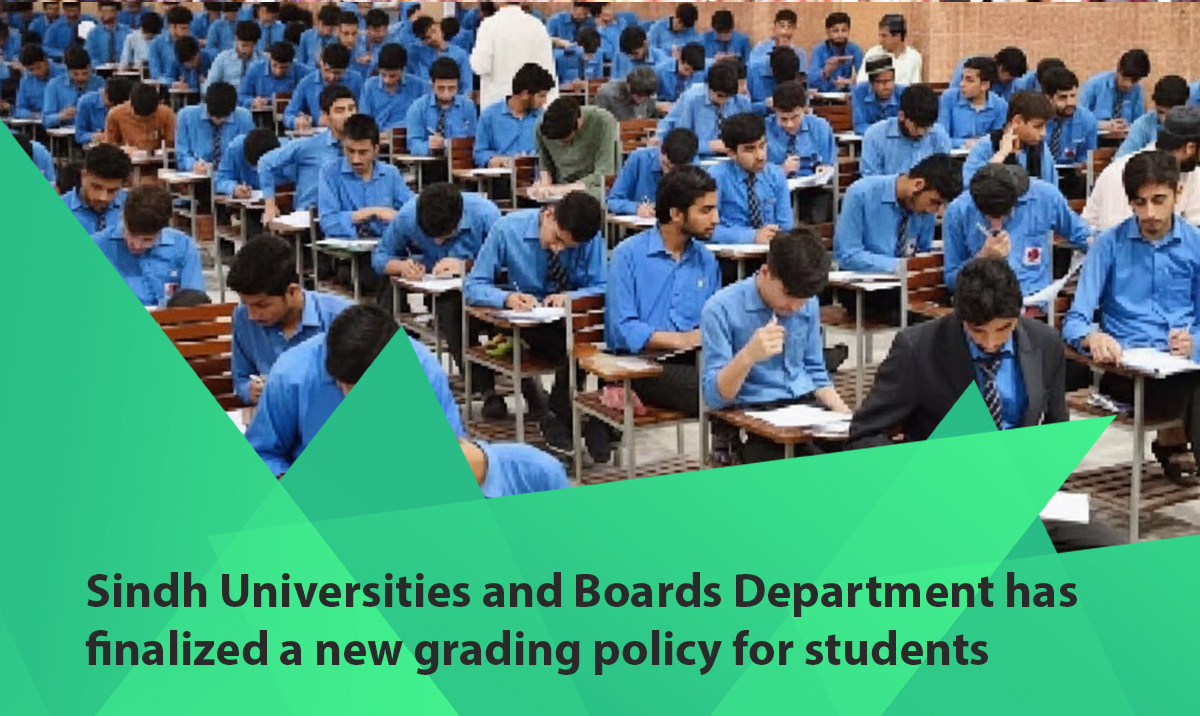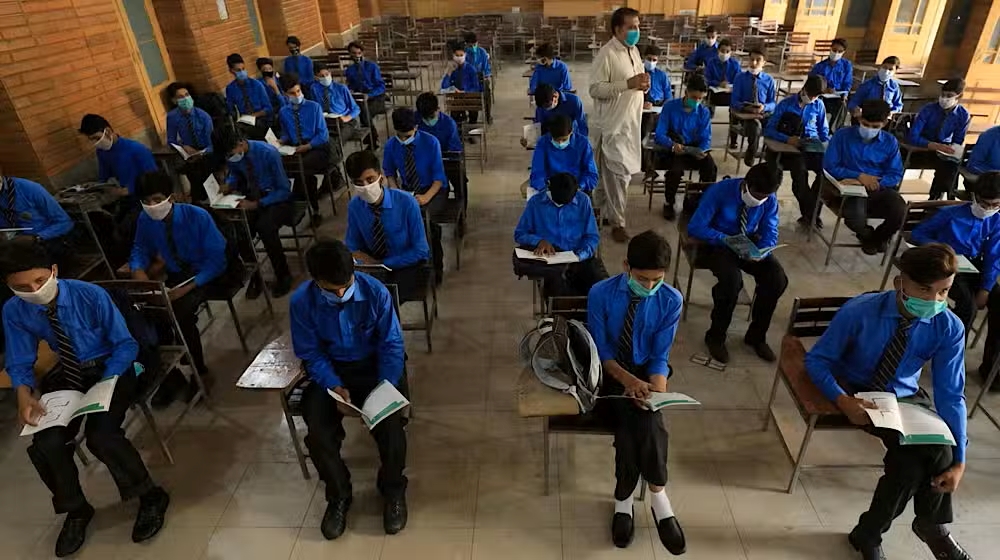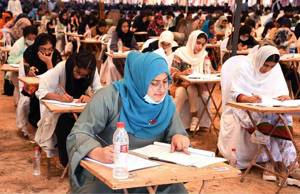
New Grading Policy to Transform Sindh’s Education System
The Sindh Universities and Boards Department has officially finalized a new grading policy for students from classes 9 to 12, set to be implemented from the upcoming academic session. This major educational reform aims to modernize the province’s assessment system, promote academic transparency, and align local education standards with international frameworks. According to officials, the new system will replace the existing percentage-based evaluation with a grade-based structure, ensuring a fairer and more balanced approach to student performance measurement.
One of the most prominent updates in this policy is the increase in the passing marks. Students will now be required to achieve a minimum of 40% in each subject to pass, compared to the previous 33%. The decision has been made to encourage students to strengthen their conceptual understanding and overall academic performance. The new grading model is expected to provide a more comprehensive reflection of student abilities and reduce unnecessary competition based on raw marks.
Introduction of Comprehensive Grade Scale
The newly introduced grading scale categorizes student performance into multiple bands to ensure accuracy and inclusivity in evaluation. Under this system, students securing between 50% and 59% will be awarded a D grade, while those achieving between 60% and 69% will earn a C grade. Students with scores ranging from 70% to 74% will receive a B grade, and those achieving between 75% and 79% will be given a B+ grade.
Further distinctions include a B++ grade for scores from 80% to 84%, and an A grade for students who achieve between 85% and 89%. High achievers scoring between 90% and 94% will be honored with an A+ grade. Interestingly, the range between 95% and 100% also falls under the A+ category, providing dual recognition for outstanding students at the highest performance level.
This detailed grading breakdown aims to offer a more precise reflection of academic achievement, moving away from narrow distinctions based solely on percentage differences. The shift will also help teachers better identify the learning strengths and weaknesses of students, thereby improving teaching strategies.
Sindh Boards
Focus on Fairness, Mental Health, and International Alignment
Officials from the Sindh Universities and Boards Department emphasized that this reform is designed not only to make the grading system fairer but also to reduce the mental stress associated with traditional mark-based results. By transitioning to a grade-focused system, students will be evaluated more holistically, recognizing both their effort and performance without the pressure of exact percentages.
The department also highlighted that the new system brings Sindh’s educational assessment closer to international standards, which could make it easier for local students to apply to foreign universities. Many global education boards, such as Cambridge and the International Baccalaureate (IB), follow grade-based evaluations. Adopting a similar structure in Sindh will enhance academic compatibility and improve the recognition of student results on international platforms.
Moreover, education experts believe that this policy could help bridge the gap between government and private educational institutions by introducing a uniform system. It will also allow universities and colleges to better assess applicants based on consistent performance indicators, fostering greater merit-based opportunities for students.

Implementation and Awareness Initiatives
The new grading policy will be implemented across all education boards in Sindh simultaneously from the next academic session. To ensure a smooth transition, the Sindh Universities and Boards Department plans to conduct awareness campaigns targeting schools, teachers, students, and parents. These campaigns will help stakeholders understand the new grading criteria, its purpose, and its long-term benefits.
Workshops and training sessions are also expected to be arranged for educators to help them adapt to the revised evaluation framework. This will include guidance on grade distribution, assessment methods, and feedback practices. The department has assured that no student will be disadvantaged during the transition, and the first few years will include monitoring and feedback phases to refine the system further.
Education analysts have praised the government’s initiative, calling it a step forward in creating a more equitable and globally aligned education system. Parents and teachers, however, have urged authorities to ensure that proper awareness and teacher training programs are implemented before the system goes live.
With the new grading policy, Sindh is poised to modernize its examination structure, promote fairness, and prepare its students for future academic challenges both nationally and internationally.















